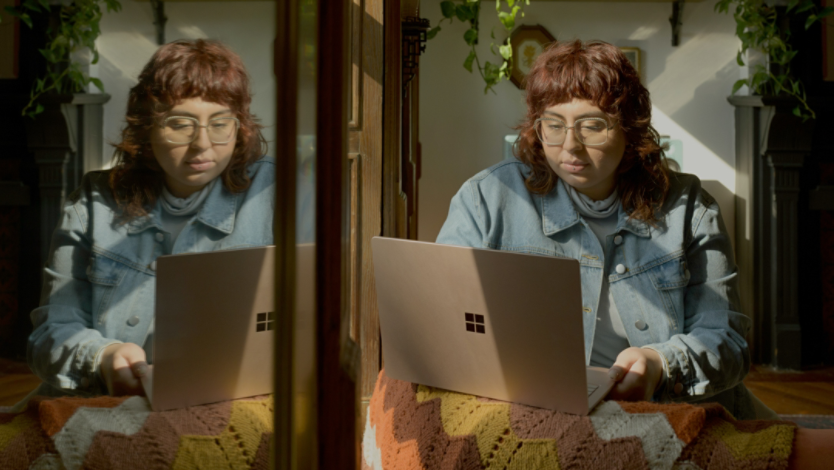
April 25, 2023
Windows 11 is full of handy features, including the option to automatically run and open apps when you start your computer. In fact, it’s easy to control which apps open at startup. Learn how to choose the applications you want to open to optimize your Windows experience.
One of the perks of Windows 11 is that you get to choose which apps run at startup for a fully personalized experience. For example, if you use Microsoft Teams frequently for work, you may find it easier for the app to open once you start your computer in the morning to get you ready to start the day. By letting apps open at startup, it saves you the time of having to find and run each app individually.
While having apps automatically open on startup can be useful, too many apps opening at once can overwhelm your computer, causing it to start up more slowly. Plus, if you forget to close these apps, they will reduce your device’s battery life and can sometimes even slow down performance. Take control of your Windows experience by organizing your startup programs today.
How to stop apps from opening on startup
To change your Windows startup programs:
If you’re still having trouble finding the Startup menu, try searching “Startup Apps” in the Settings search bar.
To determine what apps you should run at startup, consider which apps you use frequently. There may be apps that are set to automatically open at startup that you never use.
Why is my computer so slow on startup?
Having too many apps set to open on startup can make your computer start up slowly. If you find your computer is starting up slowly, consider opting for fewer apps to open on startup.
Individual apps also have differing impact on how slow your computer starts up. App impact is measured depending on the device’s processor and its startup disk usage. When you’re determining which apps you want to run at startup, your computer will tell you the startup impact of each app beneath the on/off toggle. Apps can receive one of the following:
If you find your computer is slow on startup, consider turning off the high-impact apps. If you turn the high-impact apps off on startup and your computer is still slow to start up, try turning off the medium-impact apps as well.
Having too many apps set to open on startup can make your computer start up slowly. If you find your computer is starting up slowly, consider opting for fewer apps to open on startup.
Individual apps also have differing impact on how slow your computer starts up. App impact is measured depending on the device’s processor and its startup disk usage. When you’re determining which apps you want to run at startup, your computer will tell you the startup impact of each app beneath the on/off toggle. Apps can receive one of the following:

Can any app be opened at startup?
Not all apps can be opened at startup, so if you downloaded a third-party app off the Internet, you may not have the option to open it at startup. The apps that can be launched at startup will appear under the Startup Apps menu.
Taking the time to organize your computer and customizing which apps should open at startup can boost your productivity and improve the performance of your computer. Change your Windows startup programs to get more control over your computer today.




